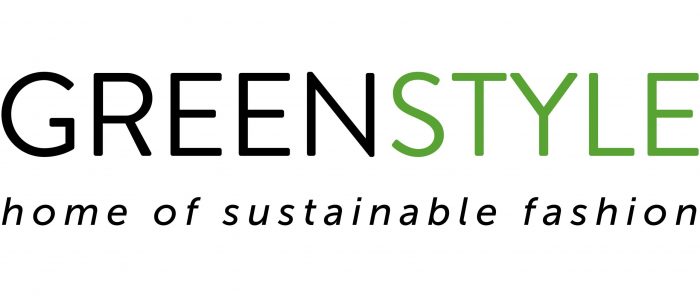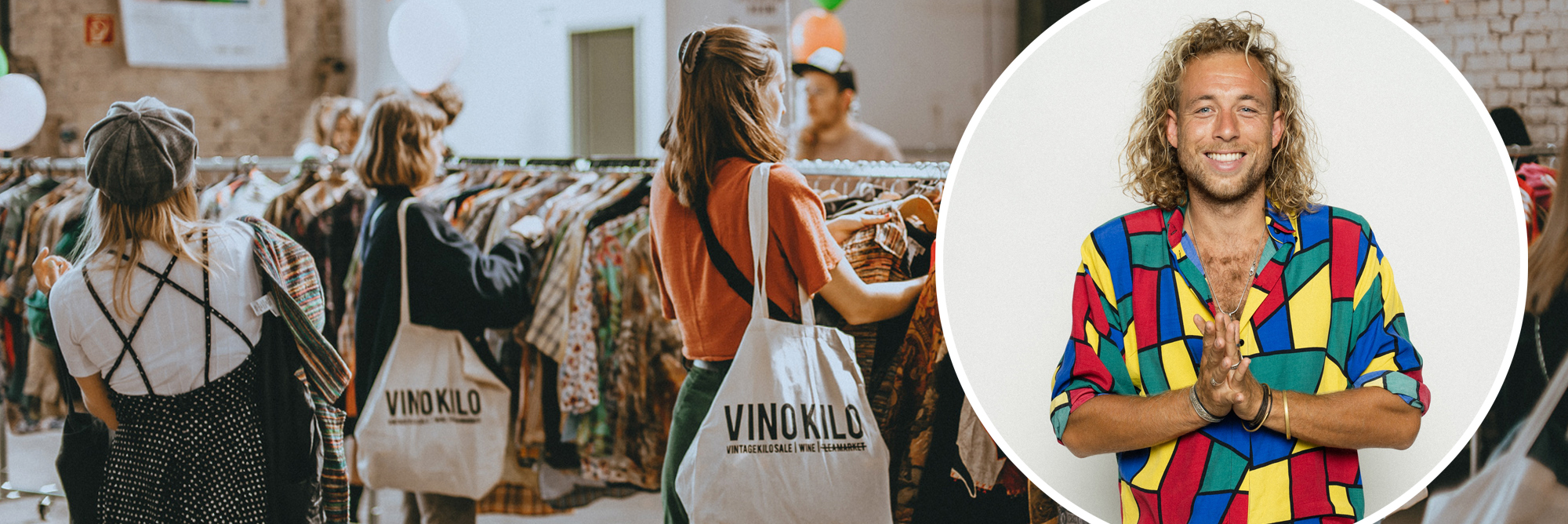Actually there are always reasons to celebrate at VinoKilo – 5 years of VinoKilo, largest second hand event in Europe, founder Robin Balser in the Forbes 30 Under 30 list, successful rebranding (hello, #TheNewNew), expansion of the e-commerce area, cooperation with a large fashion platform – if it weren’t for countless events that VinoKilo founder Robin Balser would have had to cancel due to the pandemic. We spoke to the game changer from Mainz about his visions, his passion and his business, which he had to save not just once in the past few months.
GREENSTYLE: Robin, for everyone who doesn’t know you: How did ViloKilo come about?
Robin Balser: We actually did our first event 5 years ago. At that time we had a weekend idea. And we have seen how dissolving the traditional business worked out great. We offered to buy by the kilo. We brought the idea to Mainz, but we never expected it to go through the roof. I only switched to VinoKilo at the beginning of 2017. Until then, I had a second job, from which I kept putting money into VinoKilo and my team.
GREENSTYLE: How have the last few months been for you?
Robin Balser: In March 2020 we canceled the events in Italy because we saw what was going on. Instead, we switched to Norway, Sweden, Luxembourg and Germany. But on the middle of March there was a bang in all countries at the same time – we had to cancel everything. It rattled with us as it did with you.
GREENSTYLE: You saved VinoKilo with a successful funding campaign. What was your experience?
Robin Balser: We didn’t have enough cash reserve. Only for a month, but our team consisted of 40 people. That’s a lot of fixed costs. We asked the government, private people, and we did crowdfunding. We couldn’t cover all costs with that either. But through the campaign, great people became aware of us, from whom we could then borrow money.
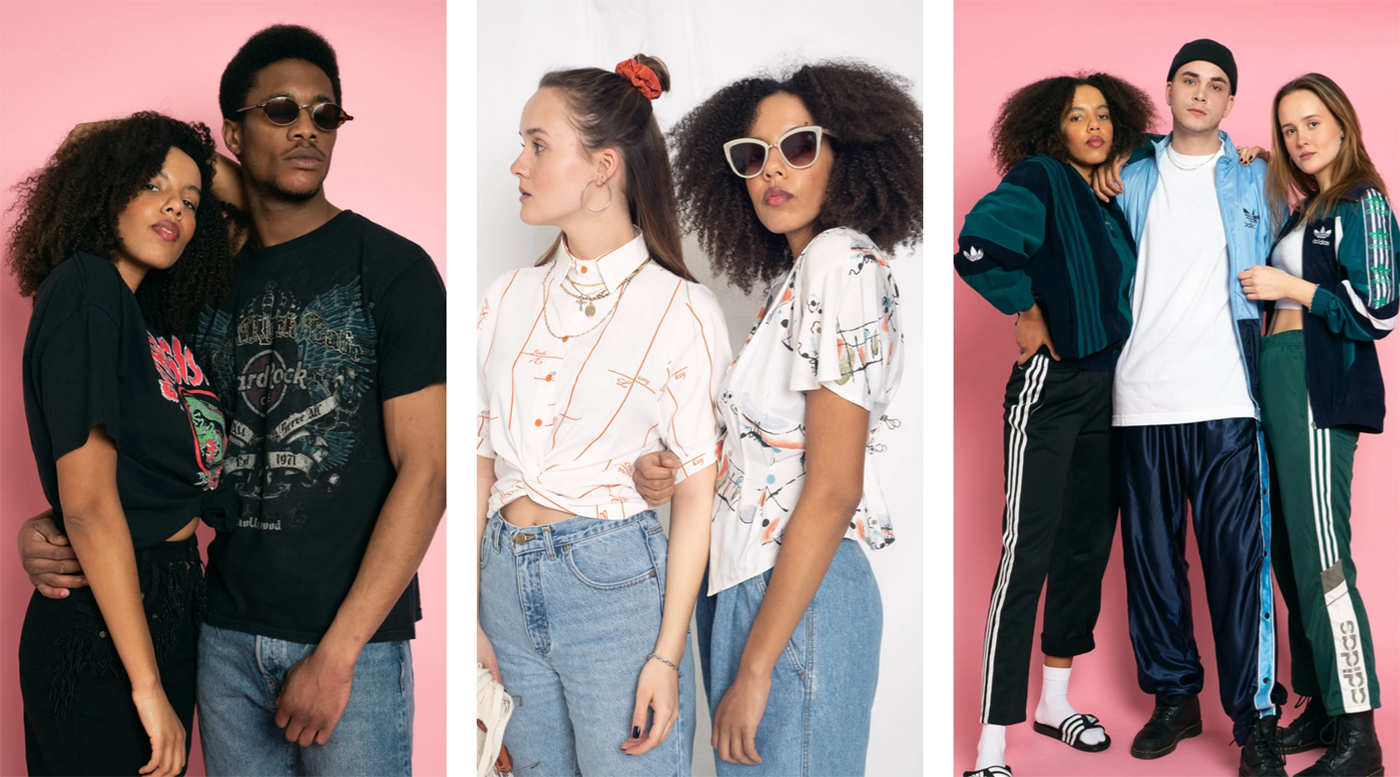
GREENSTYLE: When did the idea come about to transform VinoKilo into the digital world?
Robin Balser: We have always done a little eCommerce and have long wanted to do it bigger. On our timeline, that was planned for fall. We then pushed that hard from March onwards and generated very good sales. I’m completely open: it was very good in terms of cash flow – unfortunately not in terms of margins because we made mistakes and had high marketing costs.
GREENSTYLE: What consequences did you draw from it?
Robin Balser: From April we actively thought about the fact that Corona would change the world and also change the fashion world in the long term, as many will buy less but better and more consciously. We positioned VinoKilo accordingly and carried out a brand change in April that has a strong impact on eCommerce.
GREENSTYLE: Neither “Vino” nor “Kilo” – both central components of your business model – work digitally. What is #TheNewNew?
Robin Balser: Vino and Kilo are actually not represented at the moment. We thought about a name change for a long time, but decided against it. We have defined #TheNewNew for VinoKilo to convey our values more clearly to the outside world. After Corona, the fashion industry cannot continue as before: Endless consumption, many population groups are excluded, racism … We want to counter all these issues with second hand as an alternative. With VinoKilo you can shop more consciously and “more slowly”. And that inclusive and with our values.
GREENSTYLE: You used the crisis as an opportunity and are now even more powerful than before?
Robin Balser: We have positioned ourselves in such a way that in the future, as we believe it will, in #TheNewNew, we will be more perceived as a brand.
GREENSTYLE: So VinoKilo will work hybrid in the future? Analog AND digital?
Robin Balser: We will continue to do events, but they will change a lot. They will no longer take place in just one day, but will last 3-5 days. We will set it up as a mini-festival, where we want to contribute more to education and circularity. We want to offer local artists a platform. At the same time we have the eCommerce shop, which is also accessible to people with dissabilities. We will offer transgender collections. We will be ‘inclusive as it can be’.
Robin’s approach to #TheNewNew: We’ll be ‘inclusive as it can be’.
GREENSTYLE: Second hand has been booming for some time. How do you explain the change to yourself?
Robin Balser: Change had been on the rise for a long time. More and more news came. Earlier this year, Virgil Abloh identified vintage second hand as the future of fashion. If people from the commercial sector are speaking out into the world, then that’s an accelerator across all the major opinion-forming platforms in the world. That increased even more during Corona. During Corona I opened newspapers and business magazines every day – all those businesses that sit on hundreds of tons of clothing. This made it clear to the consumer that he is initiating this cycle and how he can change it. This has led to a rethinking process. We feel that very clearly at our events.
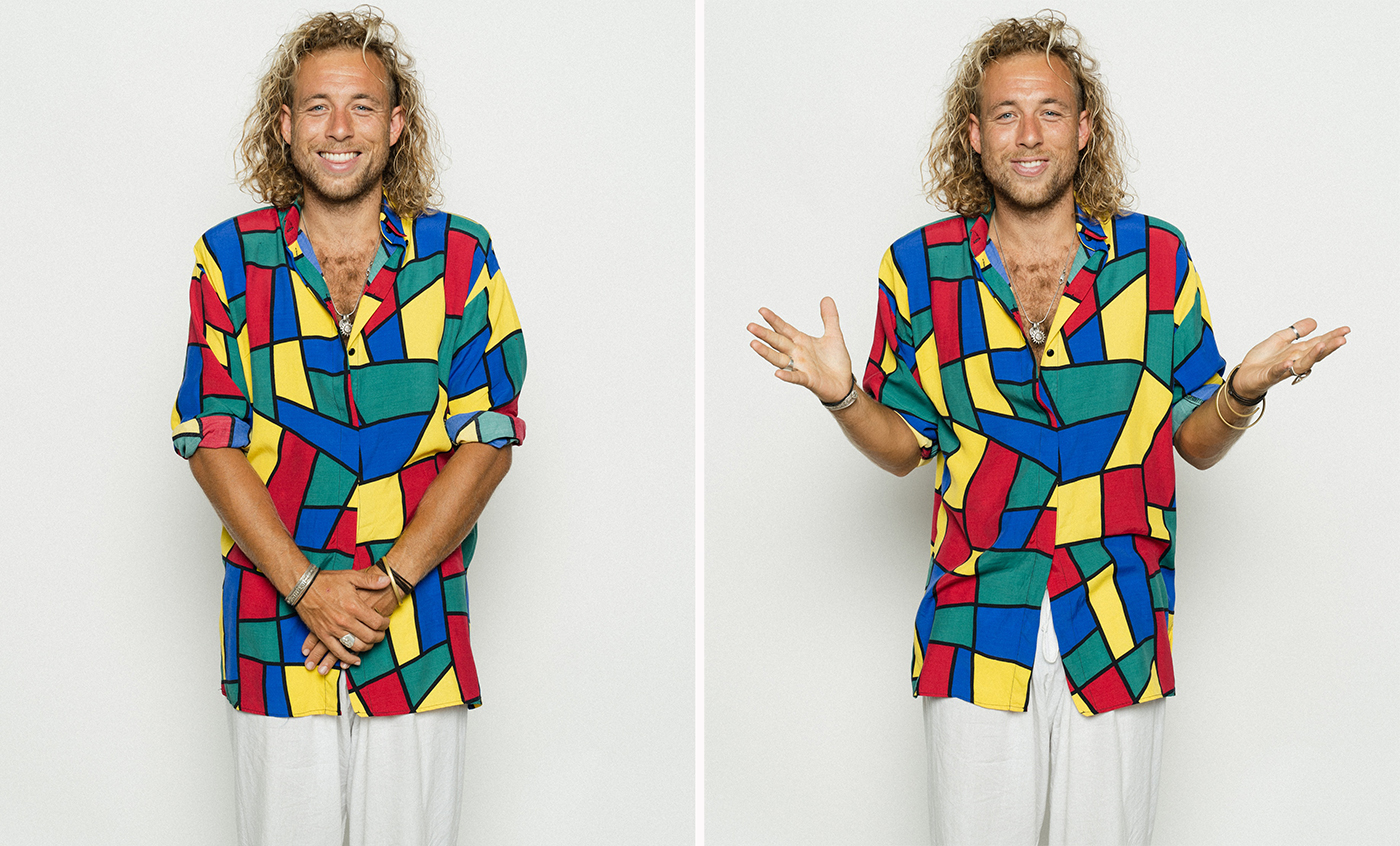
GREENSTYLE: Has high fashion made second hand chic?
Robin Balser: There are several factors: Firstly, the Fridays for Future movement, which opened the eyes of many people. Corona has also uncovered a lot that has to do with the fashion industry and retail that consumers were previously unaware of. And I think a lot of conventional influencers made second hand acceptable by telling the general public that second hand is cool. A lot of young people suddenly jumped into the subject. That led to a real push.
GREENSTYLE: Gucci, COS, Levi’s, About You – suddenly the big players are also turning to used clothing. What do you think about that? Just a new business model, a circular approach or pure greenwashing?
Robin Balser: I see it differently. It’s good that pre-owned, pre-loved, second hand are experiencing this popularity. On the other hand, I also see that there is a lot of greenwashing involved. The companies run huge marketing and PR campaigns on second hand and in the end not even one percent of the products on offer are second hand. Zalando has 170,000 products – 15 of them are second hand. I lack the belief that it comes from the heart. With me everything comes from conviction and from the heart. The other companies have managers who react to falling sales by jumping on trends. But only a few have a correct concept. The really sustainable try to change their range piece by piece, to push the topic, even if it costs a lot of money. Most companies don’t do that. You have to make shareholders happy. Money first.
GREENSTYLE: Briefly for us to understand: Where do you get your clothes from?
Robin Balser: I started six years ago by buying 600 kilos of second hand B Grade from a recycler. I’ve picked things that I thought would sell well. That was the stick for our first kilo sale. Then we grew so much that we couldn’t go through and sort through ourselves. We are now working with 50 recyclers all over Europe. We have local people who go through the millions of garments that are thrown away and pick out the pieces that we can best sell.
GREENSTYLE: How high is the success rate for your “picker”?
Robin Balser: Picking out is a huge job. So much is thrown away. What we laboriously get out of there is a fraction of what is thrown away. It hurts to see that we can only bring a few percent of the things that are thrown back into life. This is how much is made into cleaning rags or sold in other markets.
GREENSTYLE: And how many clothes are that per year that arrive in your warehouse?
Robin Balser: We currently have 200 tons of clothing in stock – that’s the equivalent of a little more than 400,000 items. That’s roughly the amount we sell each year.
GREENSTYLE: What happens to pieces that you can’t sell?
Robin Balser: We sell 97.5 percent of our items. Unfortunately, 2.5 percent are destroyed in such a way that my grandma can no longer repair them either. Then we make seat cushions and other things out of them that we can use at our events. Nothing is thrown away. In our company, too, we try to find a sustainable solution for everything. All of the plastic we use is pressed and made into furniture or other artifacts.
Used fashion is my life and an opportunity to make a contribution to ensuring that our world does not become finite. Robin Balser
GREENSTYLE: You have been doing your VinoKilo events very successfully in different cities and countries for several years. Have you seen changes over the years?
Robin Balser: One thing that has changed a lot is the acceptance of second hand. We can feel that clearly. It used to be a completely different breed of people who dressed second hand. You were the ‘odd one out’, you were just different from the others. Everyone who worked with me wore second hand. We were constantly asked what second hand is all about. Whether it smells. The questions were already very stigma-laden. That has changed. It’s become a more mainstream topic. We believe that six out of ten people accept second hand as an alternative.
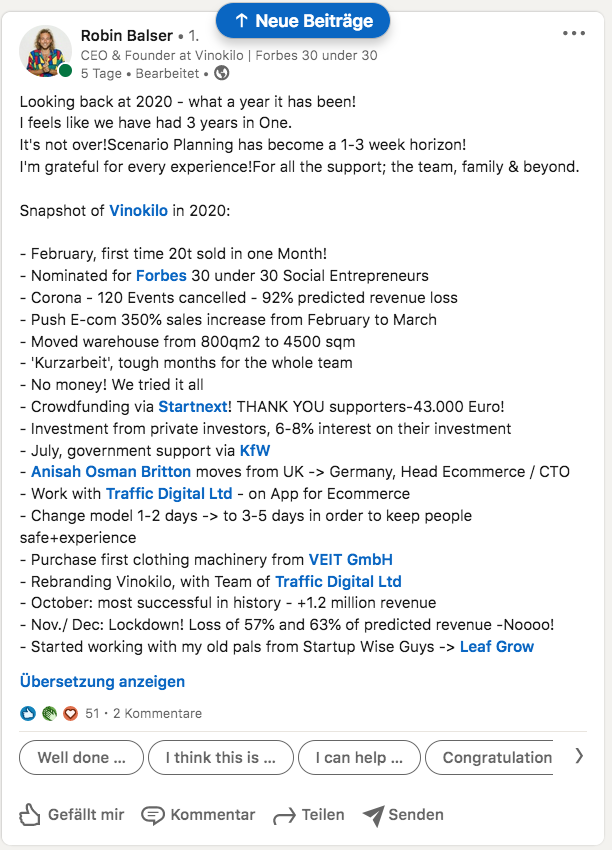
GREENSTYLE: Your statistics?
Robin Balser: My marketing team keeps doing customer surveys and analyzes to see where we stand.
The number of discarded fast fashion per ton has increased. The quality of the throw-away basket has deteriorated as a result of the pandemic.
GREENSTYLE: The pandemic has left a big mark on the fashion market. How has it affected the used clothing market?
Robin Balser: It’s super interesting what’s going on right now. There is the collapse story – financially as well as with the work that you couldn’t keep up with. There was a very strong quality dilution because people threw away more during Corona. They sorted out their wardrobes and threw away things that they wanted to part with because they realized that it is not right to buy such things. Many recyclers’ sales markets were closed – that is a huge factor. Ascending trend.
GREENSTYLE: You want to change something. Where do you see the greatest leverage in terms of positive change in the fashion industry?
Robin Balser: I see the greatest leverage at the consumer. That may be unpopular, but I believe that the consumer is being held out of responsibility far too often. If the consumer makes more conscious decisions, it will lead to a chain reaction that will force companies to rethink. Hopefully this will lead to the companies disappearing or changing. So that the fashion landscape becomes ‘more responsible’.
GREENSTYLE: What do you dream of? Where do you want to go with VinoKilo?
Robin Balser: I see VinoKilo at the beginning. We started with vintage. Today it’s a hype. At that time I did clothes swap and clothes library. When I see how we develop, I hope we get back to where we started. That clothes are shared. That everyone no longer needs three-quarters of their wardrobe because they always have the chance to get creative and because they are easily supplied with second-hand clothing.
GREENSTYLE: What do you wish for the future?
Robin Balser: I wish, myself included, that we humans live more consciously. That you look at yourself and change yourself so that our children’s children grow up in a beautiful world.
Thanks for talking to us, Robin!
Panel
‘My fancy piece was loved before’ with Robin Balser
